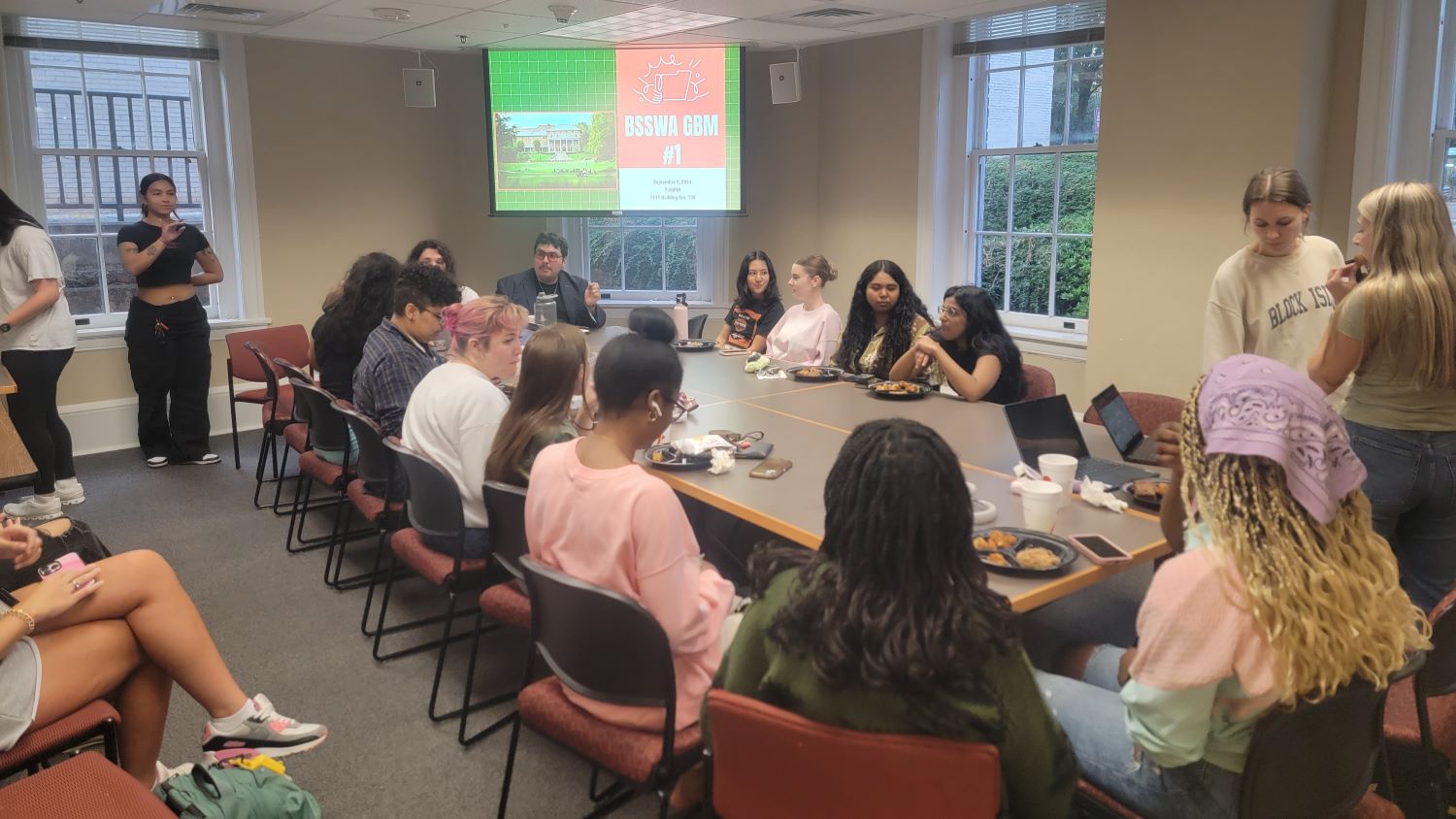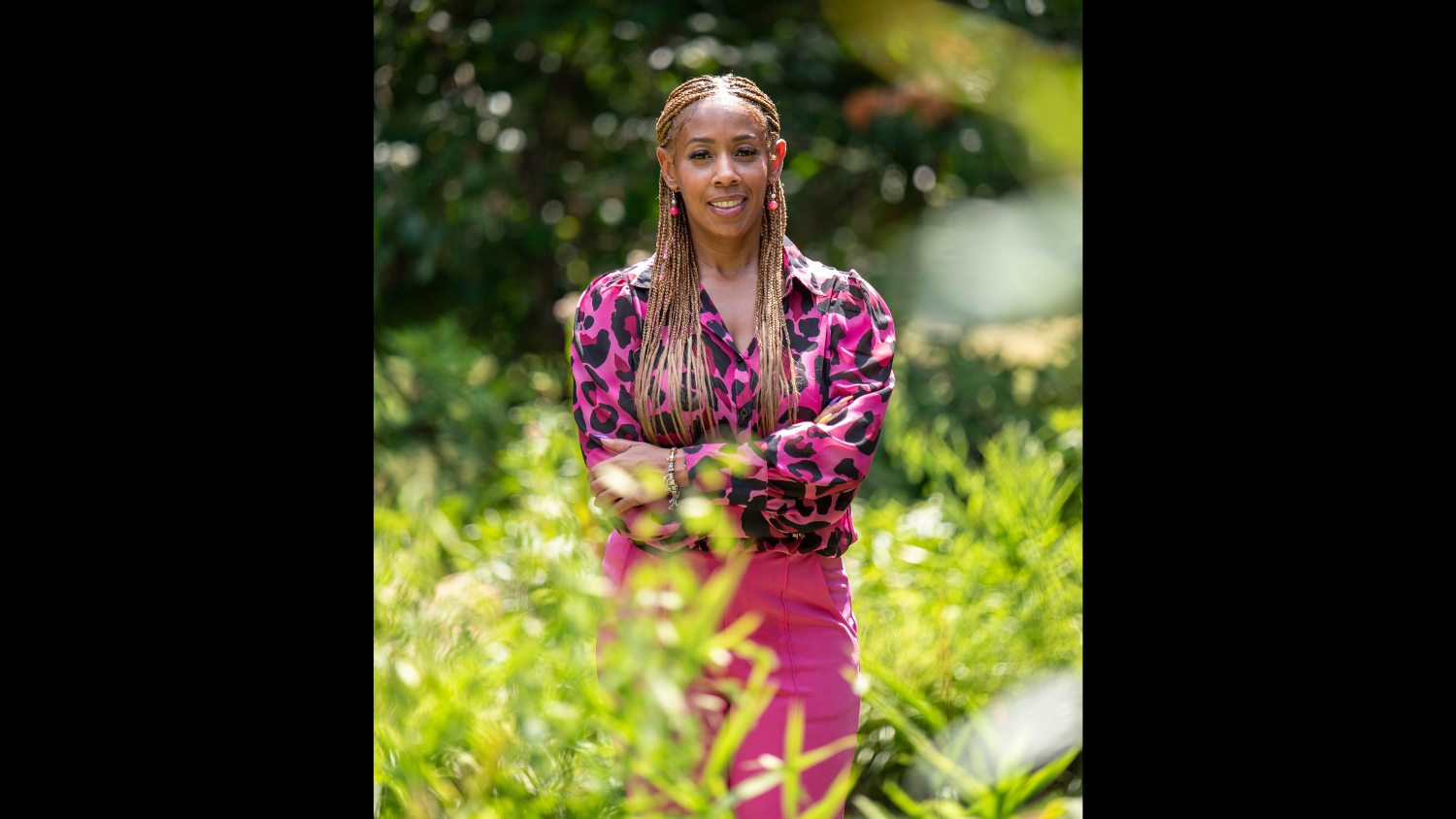Student Highlight: Isaac Carreno

“People, practice and policy,” are three elements that convinced Isaac Carreno to add social work as his second major.
Carreno, a junior in the Park Scholars Class of 2026, began his NC State education as a political science major. But he recognized that social work held a lot of the same values he had, such as social justice and equality.
By majoring in political science and social work Carreno says he gets the best of both worlds. With a social work education, he adds that he is learning “how to engage with communities, impact change and address changes at a macro level.”
Carreno serves as student body vice president and is involved with other on-campus organizations. One is Voluntarios Ahora en Raleigh (VOLAR), a Spanish-speaking organization that helps Hispanic communities across the triangle.
Carreno joined VOLAR during his freshman year to improve his Spanish skills and provide service. Primarily, he volunteers at the Guatemalan Consulate, where he meets with clients and helps them process paperwork.
Since Raleigh is home to one of the few consulates on the East Coast, Carreno meets people from other countries and states. Volunteering with this organization has enabled him to engage with a population he would not have otherwise met.
This summer, Carreno worked in the White House Office of Presidential Correspondence. “It was honestly an incredible experience,” Carreno says. “The whole internship was functionally serving the American people and helping them get the resources they need.”
Carreno received letters from Americans, each with a different purpose or need, which he dispatched to a specific agency that would best respond to the senders’ requests. The requests varied from food insecurity, difficulty paying rent or even help getting access to healthcare.
“This was one of the greatest experiences I’ve had,” says Carreno.“Being able to hear from the entire country… and be trusted with [correspondences from the greater American population] was a great honor.”
Carreno says the internship allowed him to use his social work and political science skills daily. “Listening to perspectives, being empathetic, empowering community members and just being an advocate for the constituency was incredible,” he adds.
Reflecting on his role as student body vice president, Carreno says his background in social work provides him with a unique perspective. His primary goal is to represent the students to the best of his ability, lead with integrity, and respect the dignity and worth of the student government’s constituency.
He says the social work curriculum has equipped him with the skills to listen, show empathy, and be open and respectful to diverse populations — qualities that align perfectly with his role as vice president. Carreno adds that he also follows the National Association of Social Workers Code of Ethics.
“My ethics and my role as vice president go hand-in-hand,” Carreno says. “I work every day to make sure that I’m upholding those standards.”
Carreno says his role provides him with the unique opportunity to listen to students, hear different perspectives and advocate for those students to the university administration to impact change.
So far, Carreno has established meaningful initiatives on campus that will ultimately benefit the student body. They include efforts made by the Department of Government Affairs to bolster civic engagement.
“This role has been incredible for being an advocate and applying my social work skills to be a better representative for the student body,” Carreno says.
After graduation, Carreno plans to attend law school to become a criminal defense attorney or public defender, focusing on public interest law and advocating for under-resourced communities. He says his background played a significant role in shaping his passion for justice and advocacy.
“As a first-generation Mexican-American, I’ve seen how Hispanic communities and other under-served populations often lack access to adequate legal representation,” Carreno says. “Just by virtue of not having resources — whether financial, institutional knowledge or proper legal representation — individuals from these communities are more likely to face charges or receive harsher sentences compared to those with greater privilege.
“Tackling these inequities drives me to enter this field and create change as a voice for justice.”


